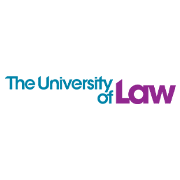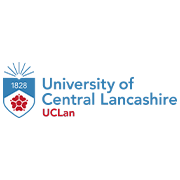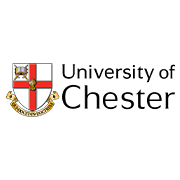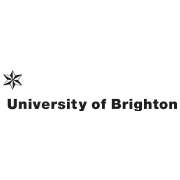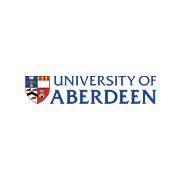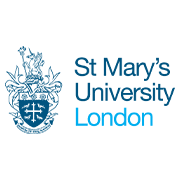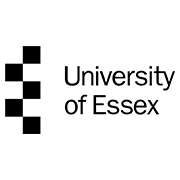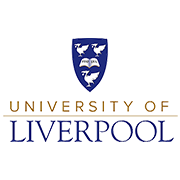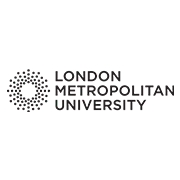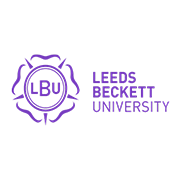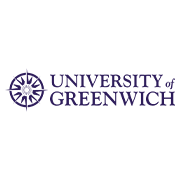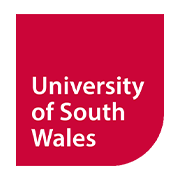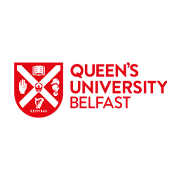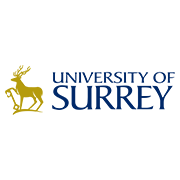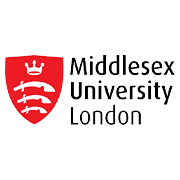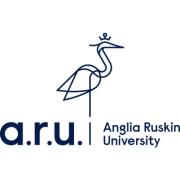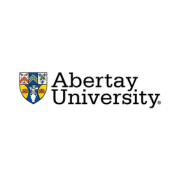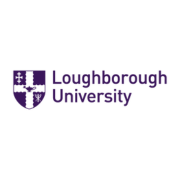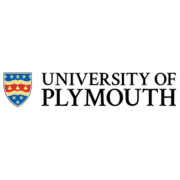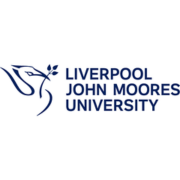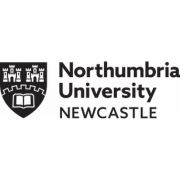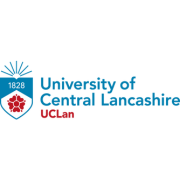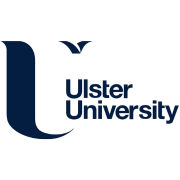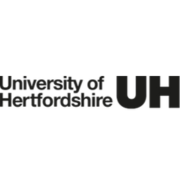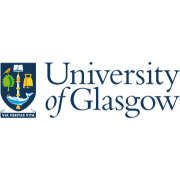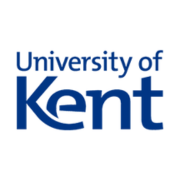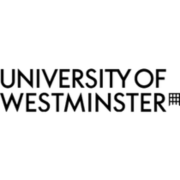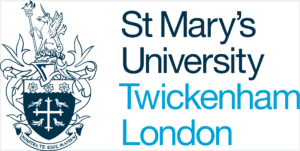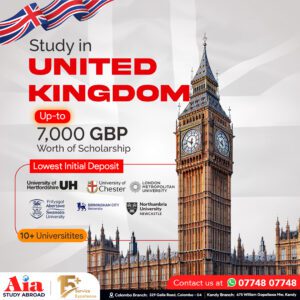Why Study in
the UK?
The United Kingdom is one of the most
sought-after destinations for international
students, offering a blend of academic
excellence, cultural diversity, and globally
recognized qualifications. With prestigious
universities and vibrant cultural experiences,
the UK provides endless opportunities for
personal and academic growth.
Visa Type: Tier 4 (General) Student Visa

Key Facts to Study in the UK
Language Spoken
English, Welsh, Gaelic, and Scots
Cost of Study
£17,000 – 25,000 GBP per year
Exams Required
IELTS, TOEFL, PTE, or ISE
Degrees
Foundation, Diploma, Bachelors, Masters, and PhD
Intakes
Fall, Winter, Summer/Spring
Best Cities
London, Edinburgh, Manchester, Glasgow, Coventry, and Newcastle upon Tyne
Our Partnered UK Universities
AIA Study Abroad Partnered up with 50+ UK Top ranked universities, to choose from
Scholarships
Students can reduce the financial burden with these scholarship opportunities:
Get Free Expert Assistance
| INTAKES AND DEADLINES | |
|---|---|
| Fall | May–July |
| Winter | September–November |
| Summer/Spring | January–February |
Cost of Study in the UK
The average cost of living in the UK for international students is approximately £12,000 to £15,000 per year, depending on the city and lifestyle.
Undergraduate Degrees:
International students can expect to pay between £11,400 and £30,000 per year. Typically, undergraduate courses last three years in England, Wales, and Northern Ireland, and four years in Scotland.
Postgraduate Degrees:
Tuition fees range from £15,000 to £25,000 per year. Many postgraduate courses can be completed in one year of full-time study, offering financial and career benefits.
Living Costs:
London: International students should budget approximately £1,529/month (London) to cover accommodation, bills, groceries, and other living expenses.
Rest of the UK: A monthly budget of £1,171/month (*Approx) is recommended for living expenses outside London.
| Type of Expense | Cost(Annual Average) |
|---|---|
| Tuition Fees | £ 17,000 – 23,000 |
| Accommodation | £ 5,000 – 8,000 |
| Food and Groceries | £ 1,500 – 2,000 |
| Transport | £ 600 – 1,000 |
| Miscellaneous | £ 1,000 – 2,000 |
Post-Study Work (PSW) and Job Opportunities
The UK offers excellent opportunities for international students to gain work experience after graduation. With the Graduate Immigration Route, you can stay back for up to 2 Years (*18 Months from January 2027) to explore job opportunities in the UK.
WhatApp us your Questions
| Job Sector | Average Starting Salary |
|---|---|
| Engineering | £ 28,000 – 35,000 |
| Healthcare | £ 30,000 – 40,000 |
| Information Technology | £ 25,000 – 40,000 |
| Finance | £ 30,000 – 45,000 |
| Education | £ 25,000 – 30,000 |
UK Student Visa Requirements for Sri Lankan Students
Securing a UK student visa involves meeting specific requirements set by the UK Visas and Immigration (UKVI). Below are the key criteria for Sri Lankan students:

Crafting an Effective Statement of Purpose (SOP)
The Statement of Purpose (SOP) is a critical component of your application process when pursuing higher education in the UK. This document allows you to articulate your motivations, academic achievements, career goals, and the reasons behind selecting a specific university and program in the UK. A compelling SOP is your opportunity to showcase your enthusiasm, accomplishments, and alignment with the chosen course, aiding the admissions committee in assessing your potential and suitability.
Structure of an SOP
- • Introduction: Provide a brief overview of your background and aspirations
- • Academic Background: Highlight your educational achievements and relevant experiences.
- • Research or Professional Experience:Detail any projects or work that aligns with your field of study.
- • Motivation and Objectives: Explain your reasons for choosing this course and university.
- • Future Plans and Contributions: Describe your long-term goals and how this program supports them.
- • Conclusion:Summarise your intent and express gratitude for the opportunity.
FAQs – UK
Universities like University of Salford, University of Central Lancashire, Queen Mary University of London, University of Westminster, University of Hertfordshire, and London Metropolitan University are popular choices. Cities like London, Leicester, and Birmingham host large Sri Lankan communities, providing a supportive environment for students.
Obtain a Confirmation of Acceptance for Studies (CAS), prove financial stability, and provide an English proficiency test score (UKVI IELTS/TOEFL).
Living costs depend on the city. London is expensive (£1,483 per month for up to 9 months), while cities like Manchester or Glasgow are more affordable (£1,136 per month for up to 9 months).
This post-study visa allows you to stay and work in the UK for up to 2 years (3 years for PhD graduates) after completing your degree.

